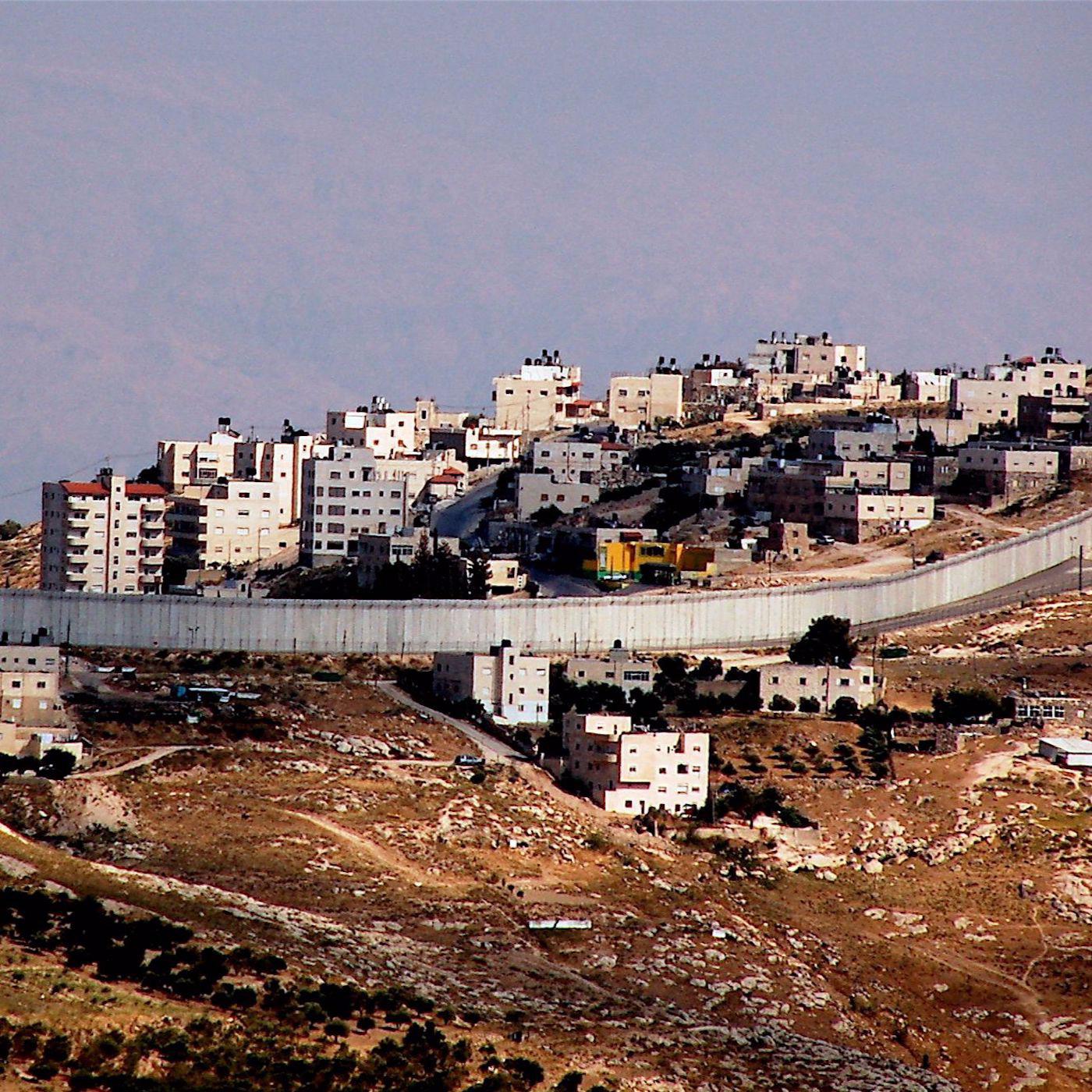

From the Foundation for Middle East Peace (FMEP), Occupied Thoughts amplifies the voices of FMEP grantees and partners, offers critical framing, and promote new ideas and new angles on the many issues connected to achieving justice, security, and peace for Palestinians and Israelis. FMEP works to defend and support Palestinian rights, end Israel’s occupation of the West Bank, Gaza Strip, and East Jerusalem, and ensure a just and secure future for Palestinians and Israelis. FMEP advances this goal through its grants program, public programming, and research. www.fmep.org
Amanda is a wife. A mother. A blogger. A Christian.
A charming, beautiful, bubbly, young woman who lives life to the fullest.
But Amanda is dying, with a secret she doesn’t want anyone to know.
She starts a blog detailing her cancer journey, and becomes an inspiration, touching and
captivating her local community as well as followers all over the world.
Until one day investigative producer Nancy gets an anonymous tip telling her to look at Amanda’s
blog, setting Nancy on an unimaginable road to uncover Amanda’s secret.
Award winning journalist Charlie Webster explores this unbelievable and bizarre, but
all-too-real tale, of a woman from San Jose, California whose secret ripped a family apart and
left a community in shock.
Scamanda is the true story of a woman whose own words held the key to her secret.
New episodes every Monday.
Follow Scamanda on Apple Podcasts, Spotify, or wherever you listen.
Amanda’s blog posts are read by actor Kendall Horn.